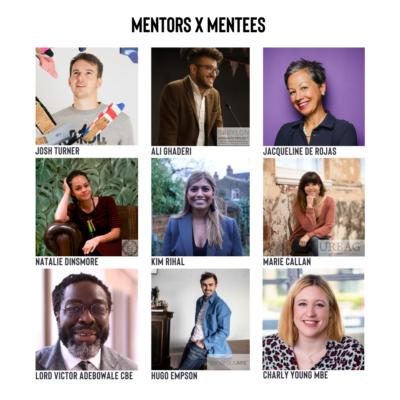
Read our 2022/23 Impact Report
In our Impact report we share that we proudly hosted 73 mentoring sessions for social enterprises and charities in the past year.
How’s it been, going back to school? We spoke to two social enterprises about the challenges they face working under Covid-19 conditions.
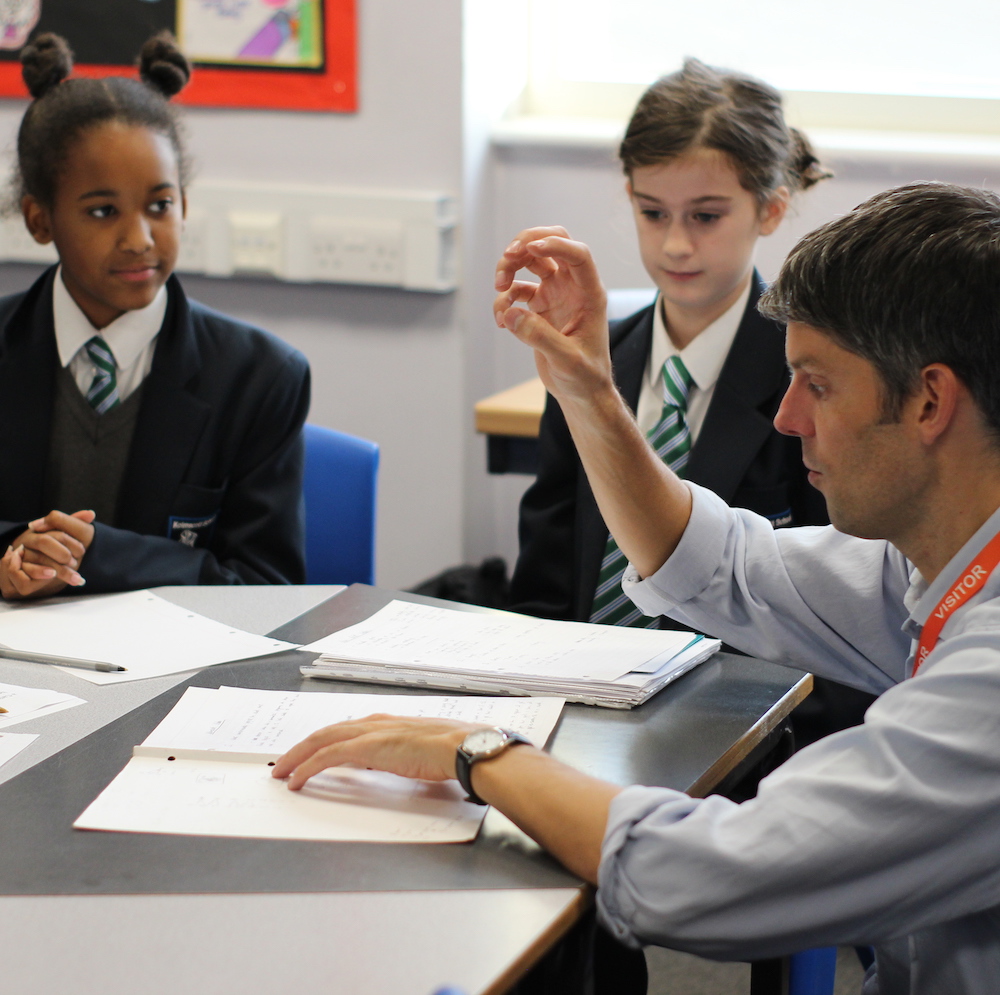
With a second wave of coronavirus now with us, the next six months will provide further challenges for those working in education.
It’s a fast growing area of work; over a third of all social entrepreneurs who use The Human Lending Library tell us they are working on sustainable development goal no.3 ‘Quality Education’.
But with access to many schools now restricted to staff and students, service providers have had to adapt to a new way of working after months where they couldn’t work at all. We spoke to them as term started this year to find out how they were feeling about going back to school.
Responding to the younger generation’s interest in the environment, the aptly named Henry Greenwood established Green Schools Project in 2015 after discovering only around a third of schools were running environmental projects.
By doing so, his goal is to give children the skills they’ll need to access a growing number of green jobs as society is forced to focus on environmentally friendly practices.
Typical student projects include looking at how rubbish recycling can be improved or being tasked with encouraging their peers to travel to school in an environmentally friendly way.
Henry had doubled the number of schools he was working with, to 40, in the 2019-20 school year. But as schools shut in March, he was forced to take advantage of the government’s furlough scheme.
He feels disheartened to see the amount of schools that he can work with reduced.
“The current restrictions on classes and year groups mixing means that we aren’t able to run our main programme which helps schools to set up and run an Eco-Team,” said Henry.
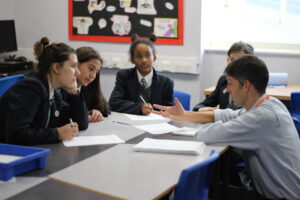
(Above: Henry Greenwood teaching students)
Not being able to work in schools is also a concern for Future First, an organisation that brings together former and current students in workshops for schools. The aim is to help students find out about different kinds of work and in particular, to support social mobility.
Their research shows that nearly half of pupils from the poorest backgrounds (on free school meals) don’t know anyone in a job they would like to do. And only one in eight children from a low-income background is likely to become a high earner as an adult.
As the 250,000 volunteers that make up school alumni were still keen to help, Future First pivoted quickly, finding a secure and safe way to offer online mentoring to students.
Realising that year 10 students were also missing out on planned work experience, they also offered places at Future First itself, in virtual form, to students that were interested in working in the third sector.
But the summer was not without its challenges, with six of 16 Future First staff being furloughed at different periods. For now, Future First are committed to delivering what they can virtually until at least January.
“This is the way it is and we’re committed to still having those interactions and making them as meaningful as possible. At the moment it’s a bit of a puzzle working out how we can still be effective without being there in person. It means more work for the teachers in terms of facilitation,” said Katy de la Motte-Harrison, Partnerships Manager.
Henry is currently working on a pilot of Green Schools Project’s Zero Carbon Schools programme. This requires students to explore the carbon emissions of their school and, together with staff and parents, take action to reduce them, leading to a plan to go zero carbon.
He is looking for four schools in East London to run the pilot with and will be spending half a day a week in each school, operating within their guidelines.
Despite his business being hamstrung in this way, he does see a potential positive as a result of the pandemic’s impact.
“I hope that the upheaval caused by coronavirus has made headteachers and teachers reflect on the curriculum and the way schools operate and give them an appetite for change and encourage them to innovate,” said Henry.
“I feel hopeful that we will see a change to a more holistic, project-based approach to education emerge with more of a focus on skills and less emphasis on a narrow curriculum and high stakes testing.”
With the change in working practices made necessary by coronavirus restrictions, concerns remain around Future First’s revenue pipeline and their impact .
“When you’re working with funders who expect a lot of in person delivery, if things are a bit more unclear or they’re not sure how much delivery can go ahead there’s perhaps a bit more hesitancy to part with money.
“Our impact will depend on how well we will be able to adapt to digital, how well we are able to work with schools. I’m not sure if it will affect our success rate but it has definitely brought with it a lot of challenges,” said Katy.
The recently announced three tier system of coronavirus restrictions that has so far kept schools open will prove heartening to social enterprises working in education. For now, they’re getting on with what’s possible.
“Now that schools are back, things are falling into place again and everybody is ready to give it a good go,” said Katy.
Henry Greenwood used the Human Lending Library for mentoring from Sir Tim Smit of The Eden Project. If you need some advice for your charity or social enterprise, browse our mentors here.
Photos courtesy of Henry Greenwood/Green Schools Project

Read our 2022/23 Impact Report
In our Impact report we share that we proudly hosted 73 mentoring sessions for social enterprises and charities in the past year.
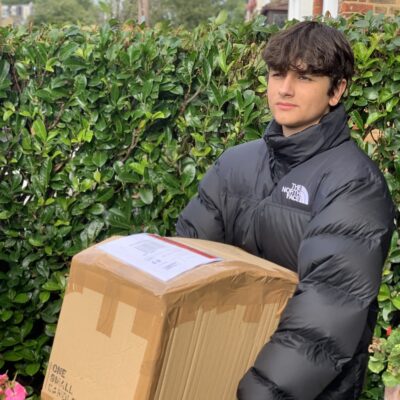
Social entrepreneurs partner to help homeless and refugees
Proving you’re never too young to be a social entrepreneur is 17 year old Jacob Bell, whose candle making has led to a partnership with one of the poster boys of social enterprise.
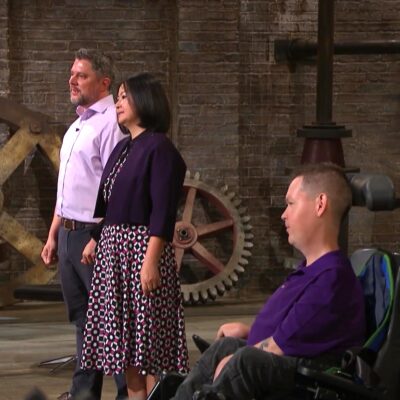
How does it feel to appear on Dragons’ Den?
Rene Perkins of CityMaaS, who appeared on the show during the most recent run, reveals the truth about appearing on the perennial television favourite.